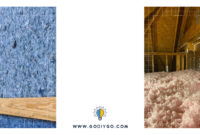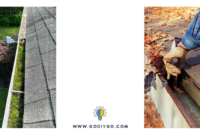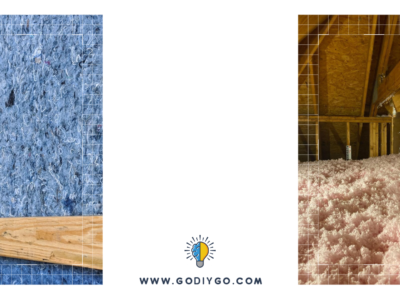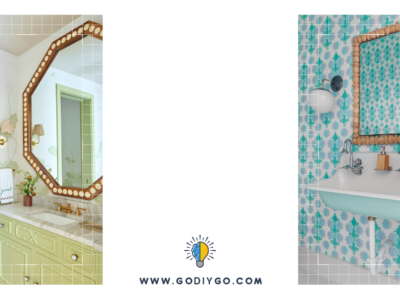Introduction
Nowadays, drain system has become an essential part of every modern property, however it’s not always possible to keep it in good condition. One of the most common reasons that can cause a drain blockage in bathroom drain or kitchen sink is concerned with dirt, hair, soap scum, skin flakes and flushing materials that don’t dissolve in water and therefore clog a pipe. Moreover, drain system failure can be caused by the roots of large trees that can damage a drainage pipe resulting into blocking it.
A clogged drain system can become a real problem for a householder, that’s why it’s necessary to think about ways to prevent a blockage in advance. However, if such a problem has already taken place, it’s important to use drain cleaning services.
Other Causes of Clogged Drain
The third most common reason is foreign objects in the drain. These are debris, stone particles and leaves that can be found in a drainage. If you don’t clean a drain in time, accumulation of foreign materials can cause a drain blockage.
In winter, water freezes in the pipe resulting into a partial or complete blockage of a passage. To prevent potential damage to a pipe, it’s necessary to take appropriate maintenance measures on time. Otherwise, freezing and melting process will deform a pipe or lead to permanent damage.
The last but not least reason is related to pipe wear and tear. If a proper, regular maintenance isn’t done, the risk of rapid pipe wear increases. The lack of examinations leads to a fault within the system and eventually contribute to a blockage.
Signs of Blocked Drain
An obvious distinguishing feature of a blockage is a slow water drain or the lack of it. A blockage can be also recognised by some foul smells coming from your water fixture. Any unusual smells that come from a sink, bath or toilet are the indicators that a water fixture is clogged. Finally, if you notice that your pipes and/or fixture produce an unusual sound, it may indicate that a water fixture is clogged.
Any unusual sounds coming from a drain usually occur when air is trapped in a pipe by the blockage. This air gets pushed through the system or is displaced. If you’ve noticed any signs listed above, you need to get the problem fixed immediately.
General Tips to Avoid Clogs
In order to keep your drain system in good condition, it’s important to do regular maintenance. Moreover, there are some simple preventive drain blockage practices that can help you prevent system failure:
- avoiding washing fats and oils;
- keeping the drainage line clear;
- use of a plug screen over the plughole;
- refusal to pour chemicals into the drain.
The following describes detailed instructions for preventing clogging of the pipe, depending on the location of a water fixture.
Tips for Sinks
To keep your sink clean and prevent a drain blockage you should avoid leaving food particles in your sink. Such type of waste as banana peels, coffee grounds, potato peels contribute to a blockage formation and system failure.
Choose a drain cleaning agent carefully and pay close attention to the composition of a product and follow the safety instructions on the product packaging.
A drain can be cleaned with a homemade cleaner that consists of boiling water, a mixture of baking soda and white vinegar. The last two components of such a cleaner react together and release carbon dioxide that loosen up clogs. Due to this reaction, all the clogs accumulated in a sink will be washed down the drain.
Tips for Bathroom
Hair, gunk and soap scum are a serious problem and the most common cause of a drain blockage. Dirt usually collects on the stoppers and slows down the drainage or contributes to the complete blockage of drains. You shouldn’t flush any paper products down the toilet. Excess paper can clog the toilet and the whole sewer system.
It’s always a good idea to use some cleaning procedures on a regular basis. Such a reverent approach will prevent a blockage and extend the service life of the pipe.
Conclusion
The experts say, “Avoiding something from happening is better than having to solve an irreversible complication.” Indeed, it’s better to regularly examine your water fixture and use some proven tips that can help you avoid your drain system from getting clogged than to deal with system failure.
















